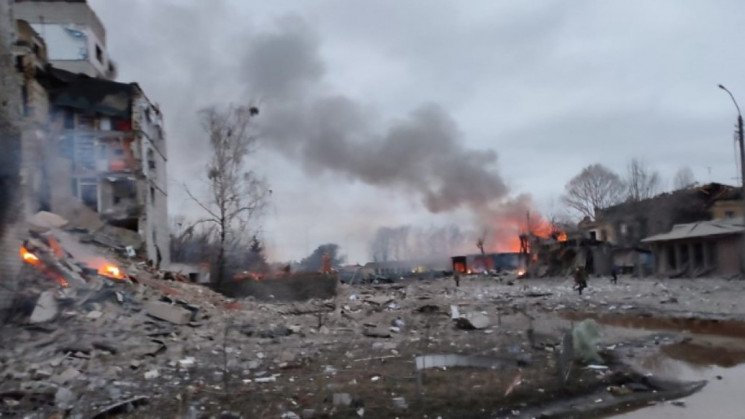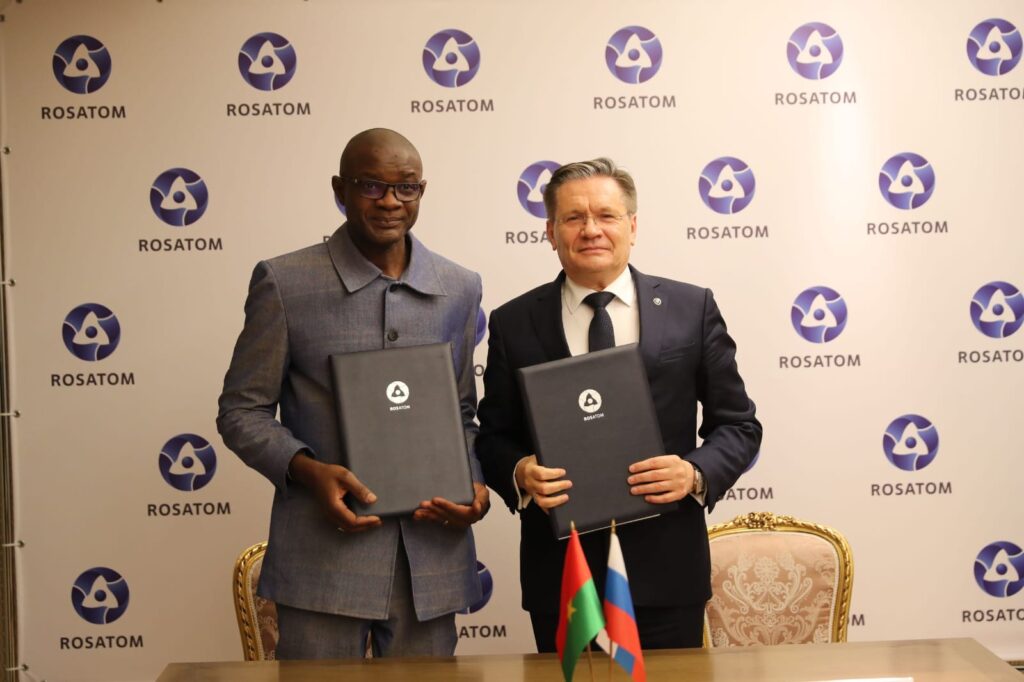The Kremlin’s war against Ukraine is contributing to the destabilization of Russia itself. The loss of control over parts of the Kursk region by Moscow indicates that Russia is increasingly unable to defend its own territories. Significant Russian losses in Ukraine and the redeployment of forces from the Eastern and Central Military Districts have left Russia’s borders with China and Central Asia exposed. This vulnerability could be exploited by various regional actors.
The shift of military actions onto Russian territory leads to several conclusions:
– The high level of corruption and internal conflict within the upper echelons of the Russian military is rendering it ineffective. According to our sources, Lieutenant General Esedulla Abachev, the deputy commander of the Leningrad Military District, warned Chief of the General Staff Valery Gerasimov about a possible incursion into the Kursk region. However, Gerasimov ignored the warnings, dismissing them as an enemy disinformation operation. This suggests a lack of trust within the General Staff’s leadership toward its own military intelligence. Additionally, there are reports that the section of the Kursk region’s border where the incursion occurred had been cleared of mines by Russian forces. While the Kremlin has accused Ukraine of the incursion, Ukrainian officials have not confirmed any military operation in Russia’s Kursk region. U.S. reactions also suggest that Kyiv did not coordinate any operations on Russian soil with Washington, which is unlikely given Ukraine’s dependence on Western military aid.
– There is a possibility that Moscow may have an interest in the situation unfolding in the region. Our assessment indicates that the Kremlin has decided to exploit the situation in the Kursk region to conduct a psyop aimed at blaming the U.S. and its allies for involvement in the conflict on Russian territory. For instance, Adalbi Shkhagoshev, a member of the State Duma’s Security Committee, claimed that the Ukrainian Armed Forces’ offensive in the Kursk region was planned in coordination with British intelligence. “Britain has been involved in all such sorties. English was heard,” he said. Thus, Moscow continues to push the narrative of confrontation with the West and will likely use the situation in the Kursk region to escalate this conflict further.
– The situation in the Kursk region may provide the Kremlin with an opportunity to intensify mobilization efforts, which have been opposed by experts from Russia’s Security Council. This could involve provocations and staged scenes to offset the reputational damage Russia has suffered following war crimes in Bucha and Irpin.

More on this story: Russian military are up to their ears in war crimes in Ukraine
– It is also likely that the Kremlin will ease pressure on the military leadership regarding corruption investigations within the armed forces and the Ministry of Defense.
– Accusations that Ukraine intends to seize the Kursk Nuclear Power Plant align with Russia’s interests in deflecting international pressure—particularly from the UN—over its capture and violation of safety standards at the Zaporizhzhia Nuclear Power Plant in Ukraine.

– It is improbable that commanders of Ramzan Kadyrov’s “Akhmat” units, who reportedly fled the battlefield and opened a path to the town of Sudzha, which has since slipped out of Moscow’s control, will face any consequences.




